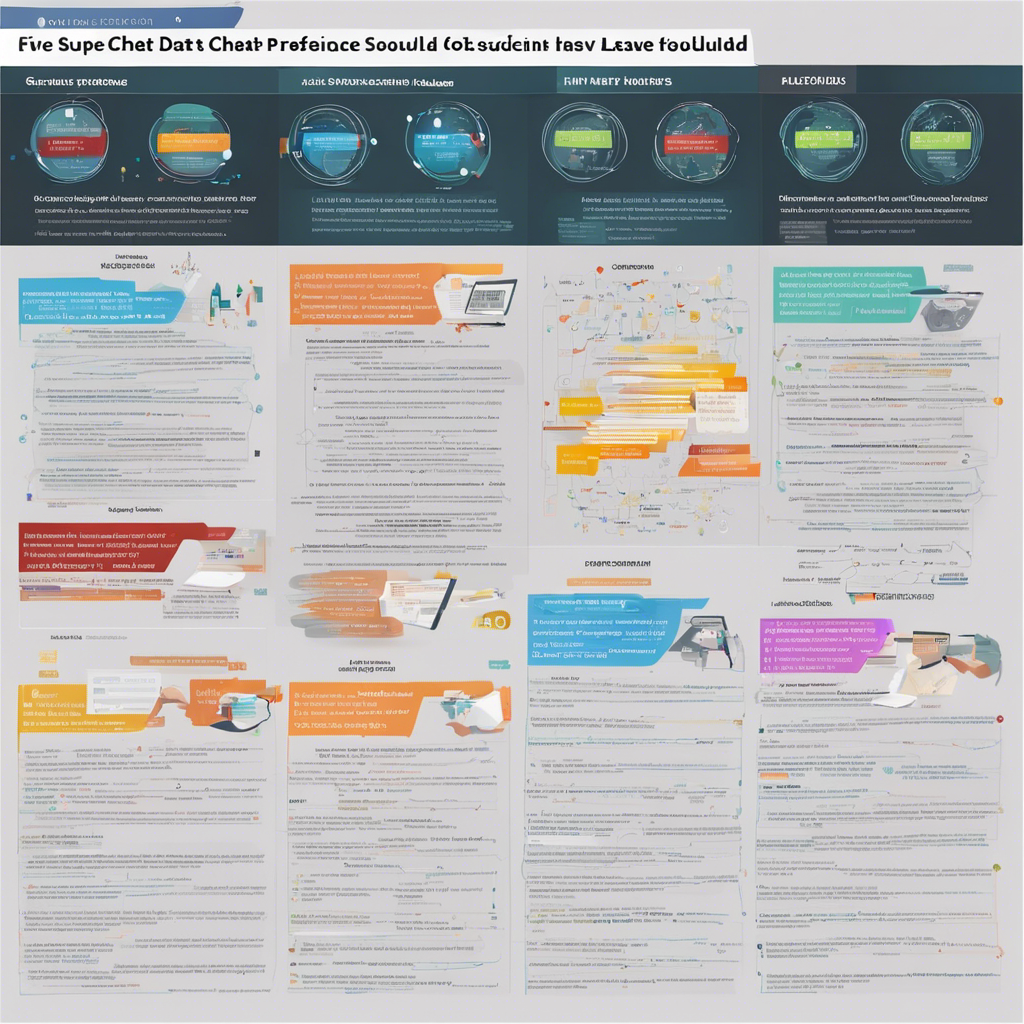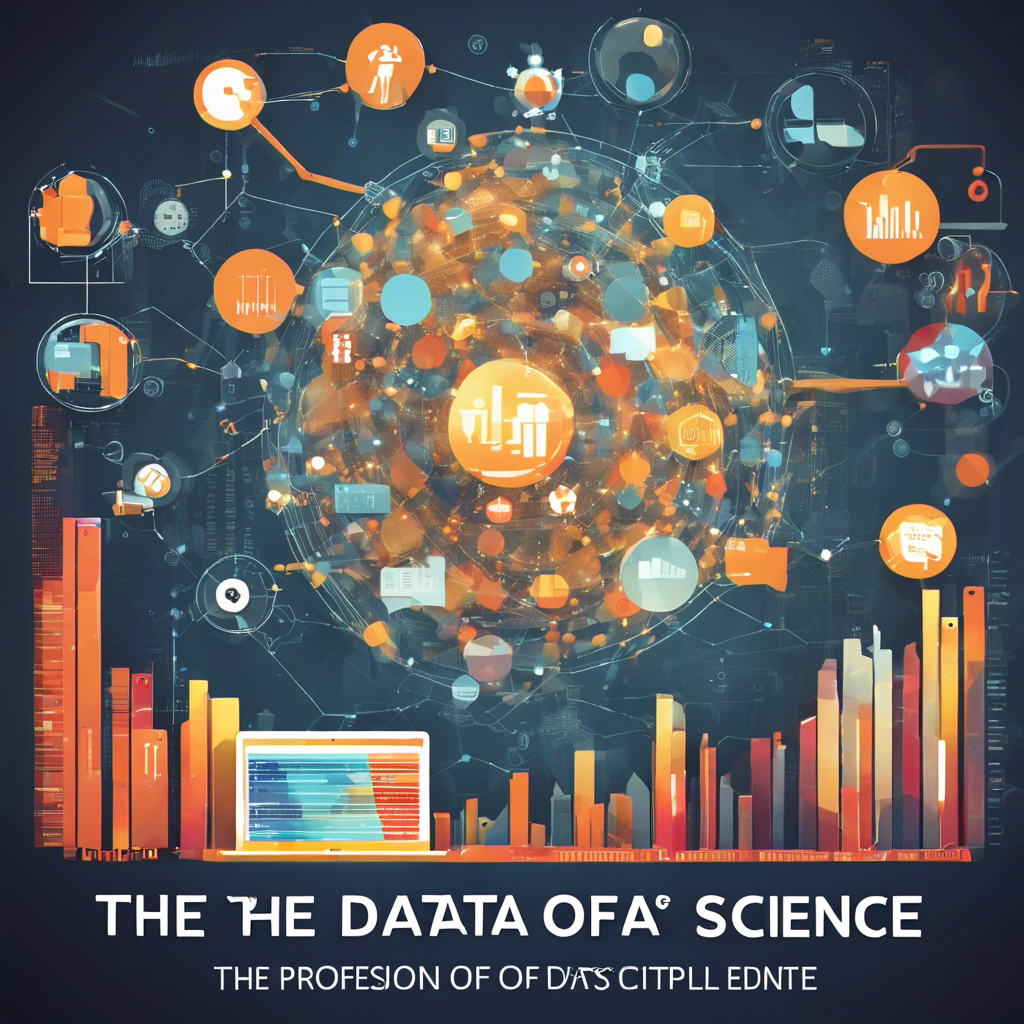Handy Resources for Data Science Professionals and Enthusiasts
In the vast field of data science, where statistics, machine learning, and data analysis converge, having a set of cheat sheets can be immensely helpful. These cheat sheets serve as valuable resources for professionals preparing for technical interviews, reviewing key concepts, or providing an overview for beginners starting their careers in data science. In this article, we will explore five super cheat sheets that every data science professional and enthusiast should have in their toolkit.
Data Science Max Pro Cheat Sheet:
The Data Science Max Pro Cheat Sheet is a comprehensive 9-page reference that covers the basics of probability, statistics, statistical learning, machine learning, big data frameworks, and SQL. Ideal for those with a basic understanding of statistics and linear algebra, this cheat sheet serves as a great starting point for anyone diving into data science. It provides a quick overview of essential concepts and techniques to help professionals navigate the field effectively.
Probability and Statistics Cheat Sheet by Stanford:
The Probability and Statistics Cheat Sheet by Stanford is a concise summary of key concepts in probability and statistics. It covers topics such as random samples, estimators, the Central Limit Theorem, confidence intervals, hypothesis testing, regression analysis, correlation coefficients, and more. This cheat sheet is perfect for understanding the foundational statistical concepts that are crucial in data science. It offers a handy reference for professionals looking to refresh their knowledge or delve deeper into statistical analysis.
Data Science Cheat Sheet 2.0:
The Data Science Cheat Sheet 2.0 is a condensed version of data science knowledge, encompassing over a semester’s worth of introductory machine learning based on MIT’s Machine Learning courses 6.867 and 15.072. It covers topics such as linear and logistic regression, decision trees, SVM, K-Nearest Neighbors, and more. This cheat sheet serves as a valuable resource for exam reviews, interview preparation, and a quick refresher on key machine learning concepts. It offers professionals a comprehensive overview of fundamental machine learning algorithms.
Super Machine Learning Cheat Sheet:
The Super Machine Learning Cheat Sheet summarizes the key concepts covered in Stanford’s CS 229 Machine Learning course. It includes refreshers on related topics like probabilities and statistics, algebra, and calculus. Additionally, it provides detailed cheat sheets for each machine learning field and an ultimate compilation of important concepts. This cheat sheet is designed for experts and offers a quick reference for basic machine learning concepts. It is an essential resource for professionals looking to deepen their understanding of machine learning algorithms.
Super Deep Learning Cheat Sheet:
For those interested in deep learning, the Super Deep Learning Cheat Sheet is an invaluable resource. It is based on the CS 230 course from Stanford and covers everything one needs to know about convolutional neural networks and recurrent neural networks. This cheat sheet offers tips for training deep learning models and is particularly useful for professionals focusing on the deep learning aspect of data science. It provides a comprehensive overview of deep learning concepts and methodologies.
Conclusion:
These cheat sheets offer a concise and effective way to review and strengthen your understanding across various data science disciplines. From the basics of statistics to the intricacies of machine learning and deep learning, these resources are invaluable for students, professionals, and enthusiasts alike. Whether you need a quick refresher or a comprehensive overview, these cheat sheets will help solidify foundational concepts and keep you up-to-date with the latest methodologies. Make sure to refer to them often to enhance your data science skills and stay ahead in this rapidly evolving field.











